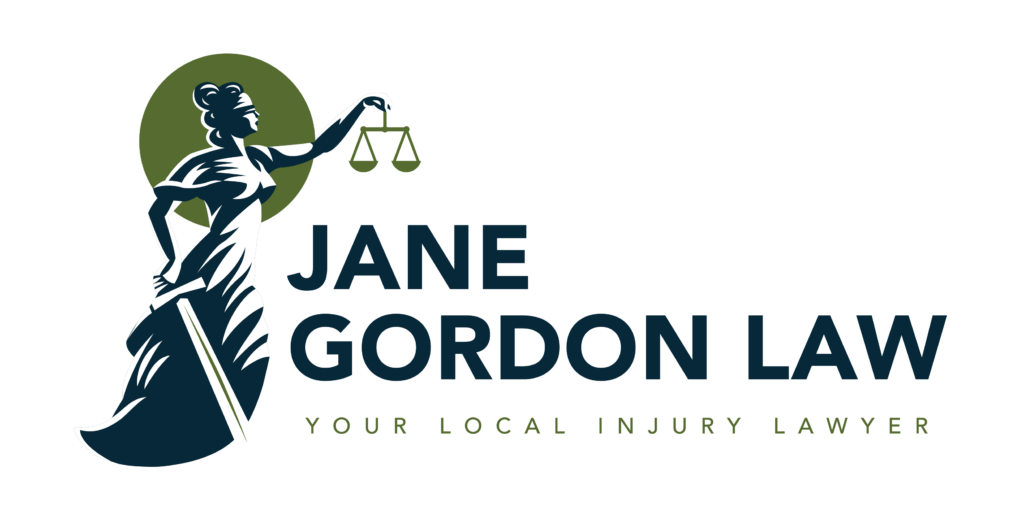
Can You Sue for Emotional Distress After an Injury?
When you’ve been injured in an accident, the pain isn’t always just physical. Anxiety. Sleepless nights. Panic every time you get in the car. Emotional distress is one of the most common — and most misunderstood — effects of a serious injury. If this sounds familiar, you may be wondering: Can you sue for emotional distress?
In many cases, the answer is yes. But like many parts of personal injury law, it depends on the circumstances — and it’s not always easy to prove.
At Jane Gordon Law, we’re here to make sure the full weight of what you’ve experienced is seen and taken seriously. That includes the emotional pain you may be carrying long after the bruises fade. Let’s take a closer look at what qualifies as emotional distress and how to fight for the compensation you deserve after your personal injury.
What Is Emotional Distress in a Legal Context?
First off, let’s define what emotional distress even is. In legal terms, emotional distress falls under the category of non-economic damages. These are losses that don’t come with a receipt or medical bill, but are still very real.
Emotional distress can show up in many forms — from ongoing anxiety or depression, to a fear of driving, difficulty sleeping, or withdrawing from social situations. You may feel like you’re no longer the same person you were before the injury.
These experiences matter. And in many personal injury cases, they’re compensable.
How Emotional Distress Can Be Claimed
1. Part of a Broader Personal Injury Case
This is the most common scenario. If you’ve been physically injured due to someone else’s negligence — such as in a car crash, slip and fall, or workplace incident — emotional distress can be included in your damages.
You don’t need a separate lawsuit. Instead, your personal injury attorney will build a case that includes both physical and emotional harm as part of your overall claim.
2. Standalone Emotional Distress Claims
There are rare situations where you can file an emotional distress lawsuit even without a physical injury. These fall into two legal categories:
- Intentional Infliction of Emotional Distress — This requires proving that someone acted in an extreme or outrageous way with the intention to cause you severe emotional harm.
- Negligent Infliction of Emotional Distress — This is more difficult to prove and often requires a close relationship to the victim (such as witnessing the injury of a loved one).
In Idaho, these types of standalone emotional distress lawsuits are uncommon and face a high legal bar.
What Does It Take to Prove Emotional Distress?
Because emotional distress isn’t always visible, documentation is key. The stronger the evidence, the more likely it is that this part of your claim will be taken seriously.
Here’s what that might include:
- Medical or mental health records showing diagnosis or treatment
- Notes from a therapist, counselor, or psychiatrist
- A journal describing your symptoms and daily challenges
- Testimony from family, friends, or co-workers about changes in your behavior
- Prescription history for anxiety, depression, or sleep issues
- Time missed from work or lost earning capacity due to emotional struggles
Expert testimony from a mental health professional can also add credibility to your claim.
What Idaho Law Says About Emotional Distress Lawsuits
Idaho courts do recognize emotional distress as part of non-economic damages — especially when connected to a physical injury. These damages often fall under the broader category of pain and suffering.
However, Idaho does place a cap on non-economic damages in personal injury cases. This cap applies to things like emotional distress, pain, and loss of enjoyment of life. As of 2024, that cap is adjusted annually and sits around $490,000.
It’s also important to note that if there’s no physical injury involved, courts are much more limited in awarding compensation for an emotional distress lawsuit alone.

How a Personal Injury Attorney Can Help
Telling your story — and proving your emotional experience in a way that holds up legally — can be challenging. That’s where an experienced personal injury attorney comes in. They will help you:
- Avoid common mistakes in personal injury cases that affect claims
- Document the full impact of your injury, including emotional trauma
- Connect you with professionals who can support or verify your experience
- Build a case that includes both economic and non-economic damages
- Handle negotiations with insurance companies and push back against lowball settlement tactics
- Fight for fair compensation, so you can move forward with support and stability
Your Story Matters. And So Does Your Emotional Recovery.
If you’ve been through an accident or injury and feel like no one sees the toll it’s taken on you emotionally, you’re not alone. The emotional side of recovery is just as real as the physical one.
As an experienced local Boise personal injury lawyer, I’ve helped many clients recover the compensation they need to move forward. I know how to build a case that truly reflects the impact this injury has had on your life. I’m here to listen, to understand your experience, and to help you pursue the justice and care you deserve. Your emotional recovery matters — and I’ll fight to make sure it’s taken seriously.
Reach out today for a free consultation, and let’s see how I can help your emotional distress lawsuit.
